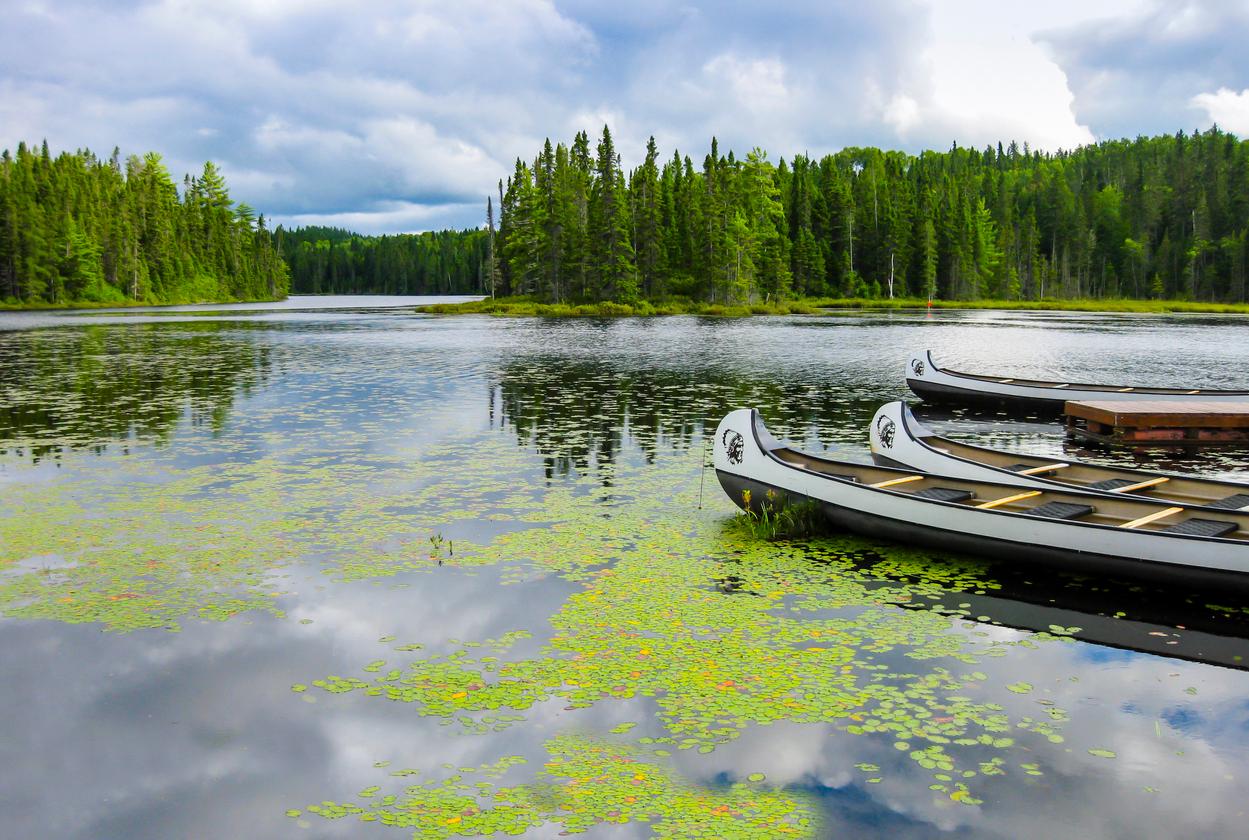Disponible en anglais seulement
Clio Straram, Head, Indigenous Banking at BMO, sat down with Mark Podlasly, Chief Sustainability Officer, First Nations Major Project Coalition, to discuss Free, Prior, and Informed Consent (FPIC).
In this episode:
What is FPIC, and what are the new standards?
How can First Nations, Federal Government, and Industries work together to operate profitability?
How does Canada fare compared to other countries?
What’s next for FPIC, and where do we go from here?
Sustainability Leaders podcast is live on all major channels including Apple, Google and Spotify.
